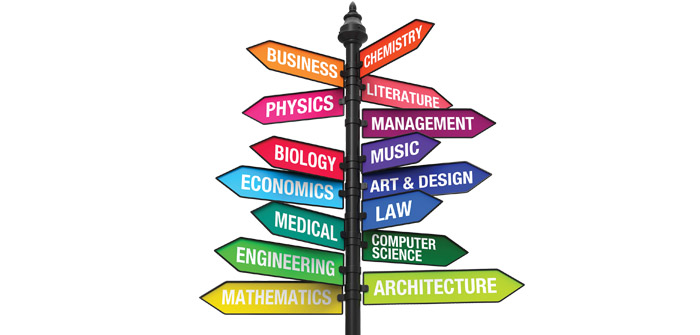I’m not much of a sports fan. I don’t root for any particular baseball, basketball, or football team. In fact, I don’t even own a hat or a shot glass with a major sport team logo on it. However, each fall I do look forward to watching a few football games. There is just something exciting about watching two rival teams spring into action once the ball is hiked. The competition is fierce as one team attempts to move the ball forward and the opposing team attempts to move it backward. Team spirit is high on both sides of the scrimmage line as teammates work together to accomplish their goals. When the battle is over, the best team (usually) wins.
Business is a lot like football. Companies compete in a fiercely competitive environment, and those with a great team succeed. Like a football team, businesses should be hiring the most competent players for each position—from top management to janitor. Every position is important, especially in down times such as these. Unfortunately, too often companies of all sizes ignore this hiring principle. As a former practicing CPA, CFO, and controller, I’ve witnessed several companies hire the best players in their trade (e.g., a plumbing contractor hiring great plumbers) only to fill the accounting position with a person with little or no accounting education/training. Simply put, the newly hired accountant does not have the accounting knowledge or skills required to be an effective team player. In effect, the company has hired a fumbler. What happened to team spirit?
For a large company, hiring a Certified Public Accountant or a Certified Management Accountant would ensure they are getting a competent accountant. CPAs and CMAs definitely have the education and training to handle complex accounting issues. However, many small to medium sized companies don’t need to hire an accountant with four plus years of college. It might be a better fit all around for a company to hire a well qualified accountant with a two year accounting degree to handle their day to day accounting operations. You might be surprised by the extensive knowledge and skills two-year accounting program graduates possess.
Here in Central Oregon we are fortunate to have an excellent two-year accounting program at Central Oregon Community College. Our Associates of Applied Science degree program in accounting was designed to give students the knowledge and skills to be successful in the accounting profession. Their graduates are ready to jump into accounting positions in a vast array of small to medium sized companies throughout this region and beyond. In fact, they are ready to go to work in the accounting departments of large companies as well.
COCC’s accounting program is rigorous, requiring students to complete 96 college credits. Most of the courses required for the degree are business related, with nearly one-third of the courses in accounting. The accounting program includes several financial accounting courses. It also includes courses in managerial accounting, cost accounting, payroll accounting, and computerized accounting. To ensure that graduates have a well rounded education, they will leave with non-accounting knowledge and skills as well. COCC’s graduates will have taken one or more courses in finance, math, English composition, speech, customer service, marketing, management, business law, business communications, and some general education electives. In addition, they will have studied and used several computer software applications, with extensive training in Excel spreadsheet software.
Analytical skills, teamwork, people skills, and ethics are also integrated into nearly every business course in the program. Finally, accounting students will have completed their education at COCC with a cooperative work experience course in which they practice their skills while working directly for a local business.
Overall, business owners who are familiar with COCC’s two-year accounting program are impressed with the high level education students are receiving. However, on occasion I have heard owners comment that they only hire accountants with considerable work experience. The work experience issue seems to be a hurdle nearly all new college graduates face when trying to land that first job. I cannot disagree with these potential employers that work experience is important. However, I will point out that this is an accounting program where practical accounting is practiced daily.
This is an Associate of Applied Science degree—less accounting theory and more hands-on, experiential learning. Students just don’t talk about accounting; they roll up their sleeves and do it. At the end of the two-year program, a graduate will have analyzed and recorded hundreds of accounting transactions – using both manual and computerized accounting systems. He or she will have prepared master budgets, calculated Net Present Value and Internal Rate of Return, recorded stock and bond issuances, and recorded end-of-year adjusting and closing entries. The graduate will have prepared dozens of financial statements for different business organizations, including corporations, partnerships, and sole proprietorships. Additionally, the graduate will have evaluated the financial health of dozens of companies using a number of sophisticated ratios and other analytical tools.
These graduates know accounting.
Hiring that right accountant with the knowledge and skills to be a key team player can be an onerous task. Business owners should take special note of applicants with two-year accounting degrees as they may be a perfect fit for their company. COCC’s AAS degree program in accounting is designed to make sure their graduates are ready to hit the field running – the accounting field that is.
M. Scott Hays is the department chair of the Central Oregon Community College business department. You can contact him either at shays@cocc.edu, or 541/383-7715.




